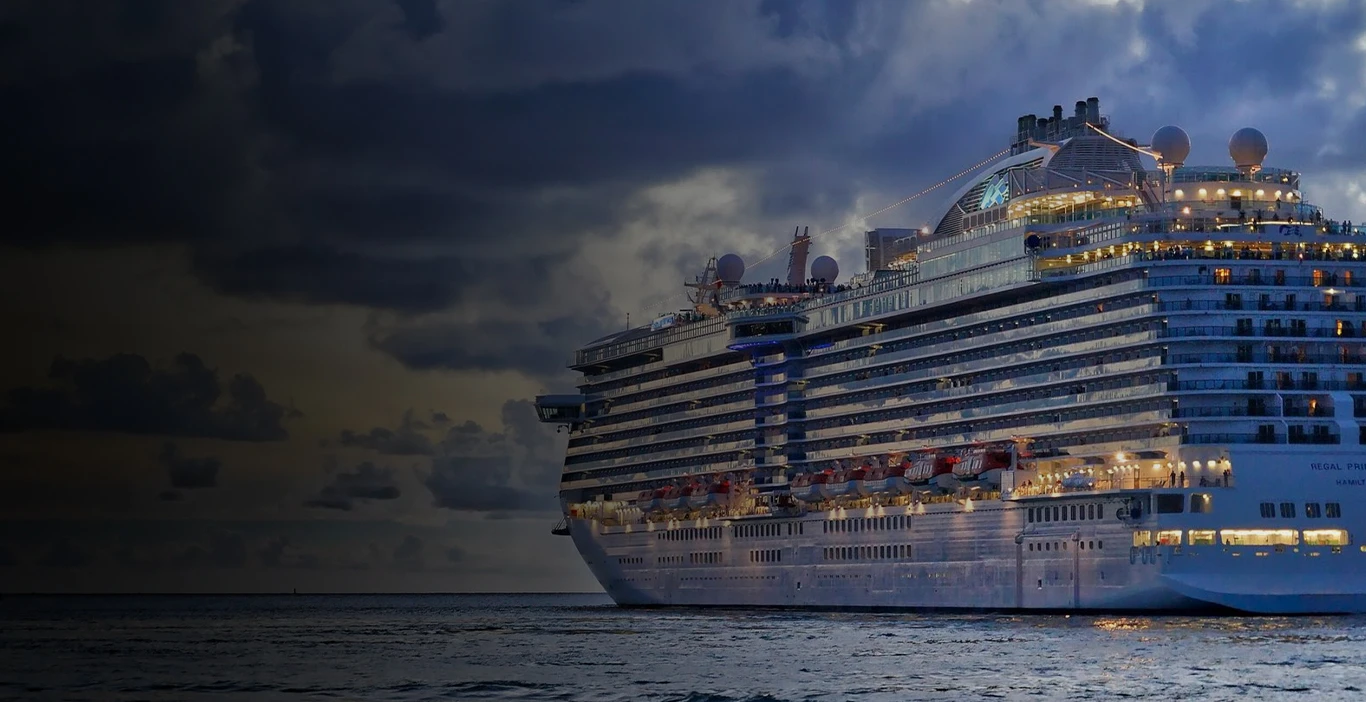As the cruise industry grows, so does its environmental footprint. Ensuring sustainability in cruise management is vital to protecting our oceans and maintaining the appeal of cruising for future generations. This blog explores the challenges and solutions in making cruise management more sustainable, emphasizing the role of education and training.
Challenges in Sustainable Cruise Management
- Environmental Impact: Cruise ships generate significant waste, including sewage, oily bilge water, and air emissions. Managing this waste sustainably is one of the biggest challenges.
- Energy Consumption: Cruise ships are like floating cities, consuming large amounts of energy for propulsion, heating, cooling, and other operations. Reducing this energy consumption while maintaining high service standards is difficult.
- Overtourism: Popular cruise destinations often face the problem of overtourism, which can damage local ecosystems and strain community resources.
- Waste Management: Effective waste management on a cruise ship is complex due to the variety of waste types produced, from food waste to hazardous materials.
Solutions for Sustainable Cruise Management

- Advanced Waste Treatment Systems: Modern cruise ships are increasingly equipped with advanced waste treatment systems that treat sewage and gray water to a higher standard before discharge.
- Energy Efficiency: Implementing energy-efficient technologies, such as LED lighting, solar panels, and advanced HVAC systems, can significantly reduce a ship’s energy consumption.
- Sustainable Fuels: Switching to cleaner fuels like LNG (liquefied natural gas) or exploring alternative energy sources such as fuel cells can reduce emissions.
- Shore Power: Utilizing shore power while docked allows ships to shut down their engines and connect to local electrical grids, reducing emissions in port cities.
- Responsible Tourism Practices: Collaborating with local communities to develop sustainable tourism practices ensures that the economic benefits of cruise tourism are shared while minimizing environmental impact.

Education and Training for Sustainable Cruise Management
Pursuing a cruise management course or a cruise ship management course is essential for understanding the complexities of sustainability in the cruise industry. These courses often cover topics like cruise ship hotel management, cruise ship hospitality management, and broader cruise hospitality management strategies that incorporate sustainability principles.
Institutes Leading the Way
Institutions like the Hotel Management College in Jaipur and the Cruise Management College in Jaipur are at the forefront of integrating sustainability into their curricula. These colleges offer specialized programs that prepare students to tackle the environmental challenges of the cruise industry.
For instance, the Hotel Management Institute in Jaipur provides a comprehensive hotel management course in Jaipur that includes modules on sustainable practices. Similarly, the aviation institute in Jaipur and the Best Aviation Institute in Jaipur offer courses that emphasize sustainability in the broader hospitality and travel sectors.
Conclusion
Sustainability in cruise management is a multifaceted challenge that requires innovative solutions and dedicated professionals. By pursuing education from top institutes like the Hotel Management College in Jaipur and the Cruise Management College in Jaipur, future cruise managers can be equipped with the knowledge and skills needed to drive sustainable practices in the industry.